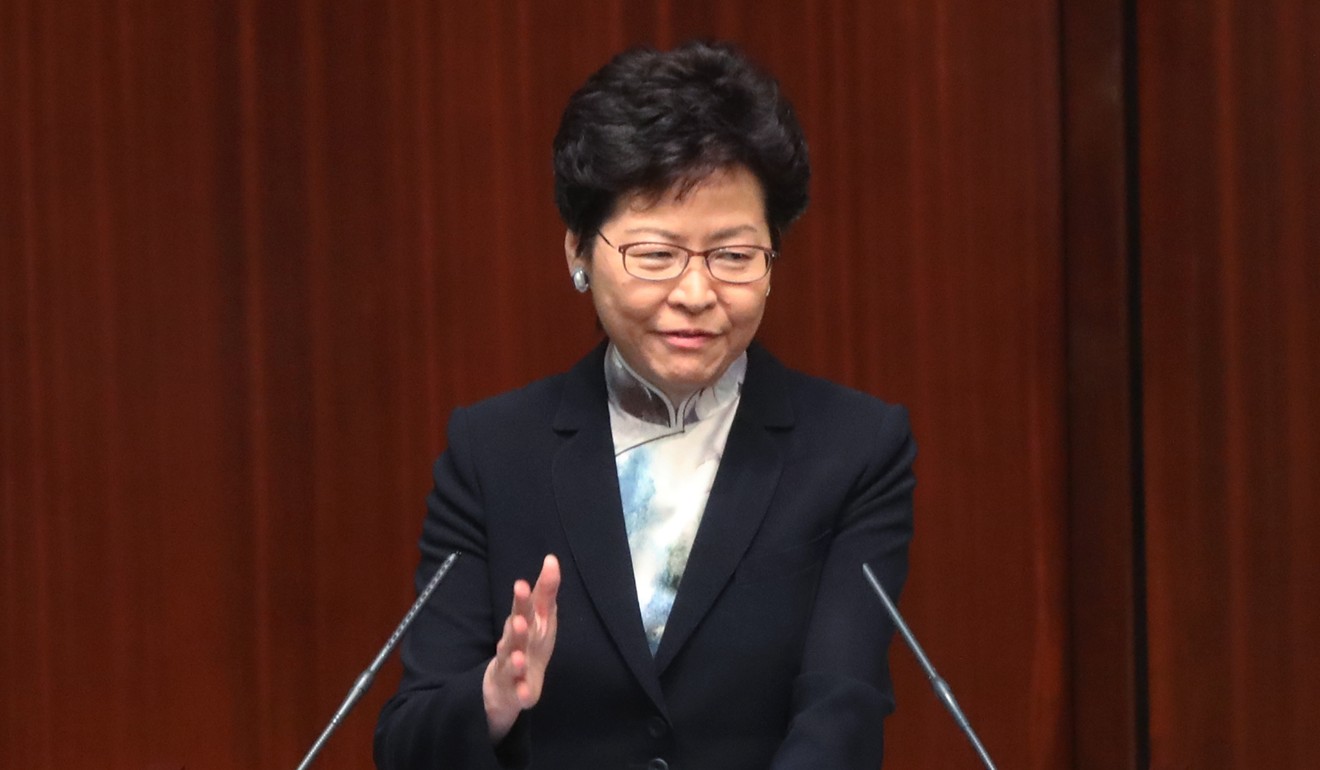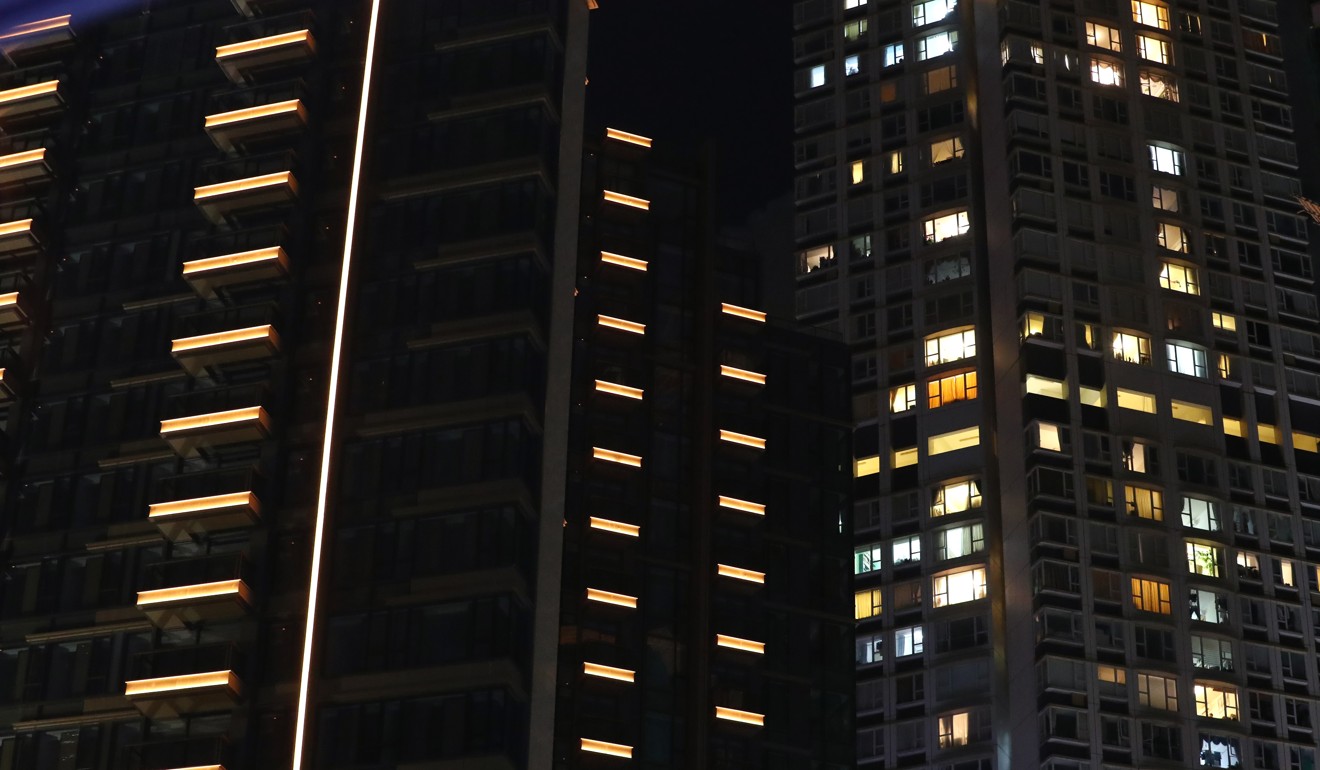
Developers evading vacancy tax to face fines of HK$100,000 or one year in prison
- The tax aims to free up properties and pry open supply bottlenecks in Hong Kong’s overheated property market

Developers who evade a newly proposed vacancy tax could face a fine of up to HK$100,000 (US$12,743) and one year in prison, according to the latest government proposal submitted to Hong Kong’s legislature.
The vacancy tax scheme, known as Special Rates on first-hand private residential units, will be discussed by the Legislative Council’s housing panel next Monday.
The penalty will be levied on developers who knowingly make a false statement when they file annual returns to the government on the number of unsold new flats in their projects.
The Rating and Valuation Department will determine whether a developer needs to pay vacancy tax, which would be equivalent to double that of a flat’s rateable value – an estimated annual rental value at a designated date, based on the information it offers in the returns.

But lawmaker Andrew Wan Siu-kin, who is also deputy chairman of the housing panel, thinks the deterrent for developers is not enough, compared to the penalty for contravening the Residential Properties (First-hand Sales) Ordinance.
“The maximum penalty for people such as developers and real property agents making a fraudulent misrepresentation under the Ordinance is HK$5 million and seven years in prison,” he said. “Why do developers get only one year in prison if they make a false statement when evading vacancy tax? There is a big difference.”
The proposed penalty for minor offences such as a failure to submit returns in time is a fine of HK$25,000. For both offences, the bureau suggested an extra fine treble the amount of the vacancy tax.
Developers will be required to update the properties’ status in the annual returns – whether the units have been sold in the 12 months since occupation permits were issued for them, or rented for over six months at or above market rent in the same period. If not, they will be charged vacancy tax.

To prevent developers evading vacancy taxes by selling first-hand units to their associated companies, the bureau also proposed that flats transacted this way would still be regarded as first-hand properties subject to vacancy tax.
Lawrence Poon Wing-cheung, a lecturer at City University specialising in housing policy, said he believed the penalty level was enough to deter developers from hoarding new flats.
"The proposal would ensure that not only the front-line staff but also the management would be liable if they had made instructions to subordinates to file false returns," he said.
The proposal would ensure that not only the front-line staff but also the management would be liable if they had made instructions to subordinates to file false returns
Poon, who sat on a committee that advised the government in drafting the ordinance mentioned by Wan, said one should not compare the vacancy tax scheme’s penalty with that for the sale of first-hand properties.
"If a developer wants to evade the vacancy tax, the government suffers the loss, and we are not saying the amount is as much as billions of dollars," he said. "But to a person who is misled when buying a property, the money he spends may be all he has for his life, so the penalty is higher."
Announced last year by Chief Executive Carrie Lam Cheng Yuet-ngor, the vacancy tax was designed to pry open supply bottlenecks by imposing fines on developers for hoarding new homes, amid ever-rising prices in the world’s least affordable property market.
The proposal, which requires the amendment of the Rating Ordinance, will be discussed by the housing panel on April 1. The bureau proposed that the amendment bill after its passage at LegCo should come into operation three months after its gazetting.